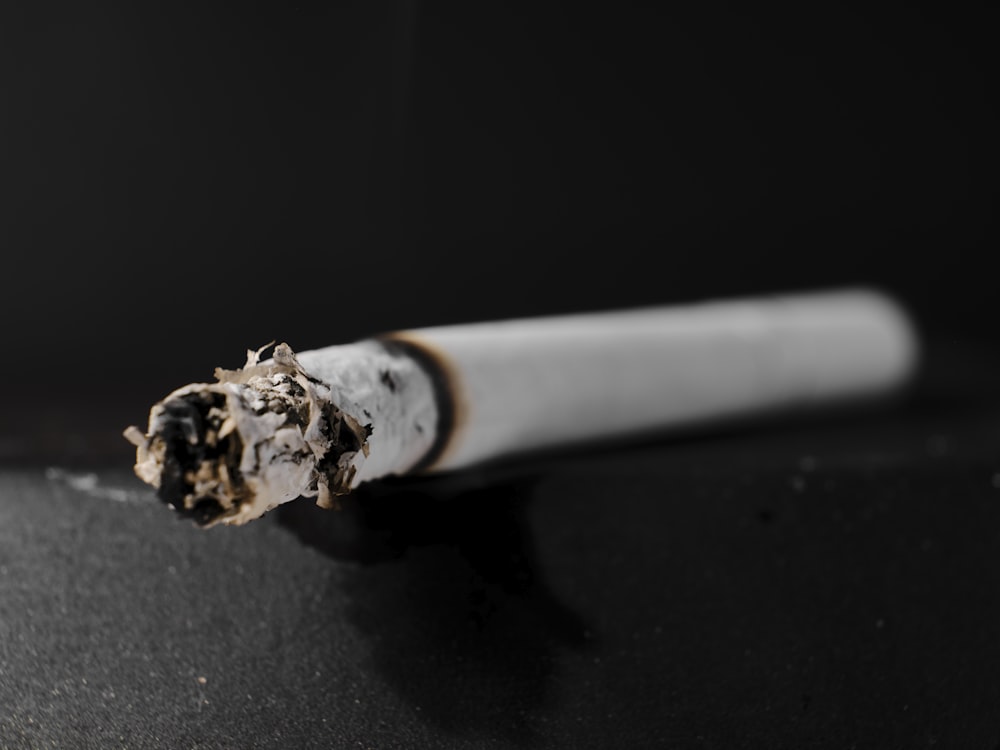Published 23:51 IST, April 22nd 2024
Awareness and early action are key in the fight against oral cancer. By understanding the risk factors, people can take proactive steps towards preventing it.
Advertisement
Oral cancer, a serious disease affecting various parts of the mouth including the lips, tongue, gums, and throat, often manifests through symptoms that demand immediate attention. Detecting and treating oral cancer early is crucial to prevent severe health complications. Therefore, being aware of the symptoms and understanding the risk factors is vital for timely intervention and prevention.
Symptoms of oral cancer
Individuals with oral cancer may experience a variety of symptoms, including:
Advertisement
– Persistent sores in the mouth that do not heal.
– Ongoing pain or discomfort.
– Unusual white or reddish patches inside the mouth.
– Difficulty with swallowing, speaking, or chewing.
– Noticeable lumps or thickening of mouth tissues.
– Persistent sore throat or a feeling that something is caught in the throat.
– These symptoms necessitate consultation with a healthcare provider to ensure early diagnosis and treatment.

Primary factors contributing to oral cancer
Both smoking and chewing tobacco significantly heighten the risk of oral cancer. Tobacco contains carcinogenic compounds that damage mouth and throat cells, potentially leading to cancerous growths. Quitting tobacco is a critical step towards reducing oral cancer risk.
Advertisement
High alcohol intake irritates and damages cells in the mouth, making them susceptible to cancer. The risk increases dramatically when combined with tobacco use. Moderating alcohol consumption is advised to mitigate this risk.
Certain HPV strains, particularly HPV-16, are linked to oral cancers. Preventative measures like HPV vaccination and safe sexual practices are recommended to reduce infection rates and associated cancer risks.
Advertisement
Inadequate oral care can lead to chronic irritation from sharp teeth or poorly fitted dentures, fostering a conducive environment for cancer. Regular dental check-ups and maintaining good oral hygiene are essential preventive measures.
A diet lacking in essential vitamins and minerals can weaken the immune system, increasing susceptibility to cancer. Incorporating a diet rich in fruits, vegetables, and whole foods while avoiding processed and high-sugar foods enhances overall health and reduces cancer risks.
Advertisement
By understanding these risk factors, individuals can take proactive steps towards preventing oral cancer. Awareness and early action are key in the fight against this life-threatening condition.
23:51 IST, April 22nd 2024